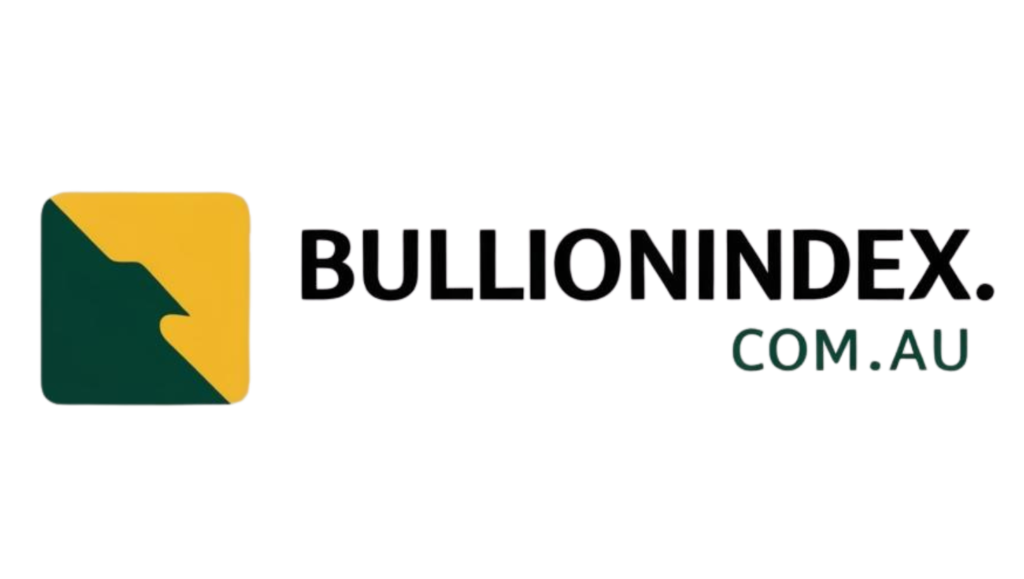Gold prices have been on the rise, with the current price standing at $3,352 per ounce as of July 14, 2025. This marks a significant increase from a year ago, showcasing the potential for gold as a long-term asset. The stability and value retention of gold make it an attractive investment option for those seeking to diversify their portfolios.
One common method of investing in gold is through a gold IRA, providing a secure way to navigate market volatility. This approach enables investors to benefit from the potential growth of gold without the need for physical storage. Gold’s historical performance has shown resilience during economic uncertainties, making it a popular choice for risk-averse individuals.
While gold may not always outperform stocks in a robust economy, it serves as a store of value during turbulent times. The flexibility of gold investments, whether through physical assets or financial instruments like ETFs, offers a range of options for investors seeking exposure to the precious metal.
Understanding the dynamics of gold trading involves monitoring spot prices, which reflect immediate buying and selling opportunities. Factors such as contango and backwardation influence future and spot prices, highlighting the complexities of gold market dynamics. The bid-ask spread plays a crucial role in determining market liquidity and demand for gold.
Investors looking to enter the gold market have various avenues to explore, from purchasing physical gold bars and coins to engaging in futures contracts and gold funds. Each method carries its own set of benefits and considerations, catering to different investment preferences and risk tolerances.
As the global economy grapples with inflation and uncertainty, gold has emerged as a stable asset class, with prices reaching record highs in 2025. Experts suggest that now may be an opportune time to include gold in investment portfolios to offset market volatility and safeguard against economic fluctuations.
Aside from gold, other precious metals like silver, platinum, and palladium offer additional diversification options for investors. While gold remains a relatively stable choice, these metals present higher volatility levels, influenced by various external factors and industrial uses.
Ultimately, the decision to invest in gold hinges on individual financial goals and risk profiles. Gold’s historical performance and current market conditions suggest that it can play a valuable role in a diversified investment strategy, providing a hedge against inflation and market uncertainties.
Investors can access gold through a range of vehicles, including ETFs, physical assets, and futures contracts, tailoring their investment approach to align with their objectives. Whether viewed as a long-term store of value or a short-term hedge, gold offers a versatile investment avenue in today’s ever-changing economic landscape.
As investors navigate the complexities of the financial markets, gold stands out as a resilient and time-tested asset class, offering stability and value preservation in the face of economic challenges. By exploring the diverse investment options available in the gold market, individuals can enhance their portfolios and position themselves for long-term financial growth.
📰 Related Articles
- Gold’s Role in Investment Portfolios Amid Economic Uncertainty
- Gold’s Role in Diversifying Investment Portfolios Amid Economic Uncertainty
- Gold’s Role as Safe Haven Investment Amid Economic Uncertainty
- Silver Investment Outlook: Seizing Growth Amid Economic Uncertainty
- Gold’s Resurgence: A Safe Haven Amid Economic Uncertainty






